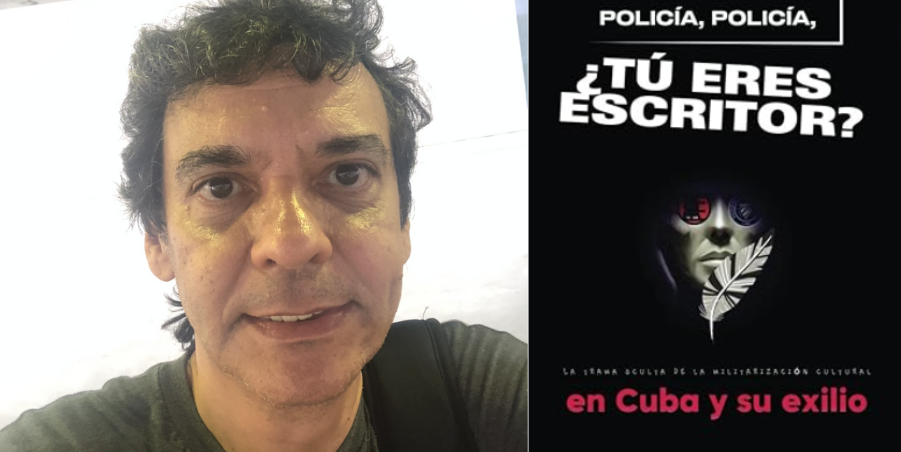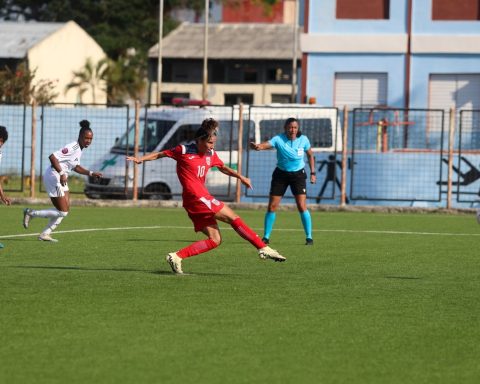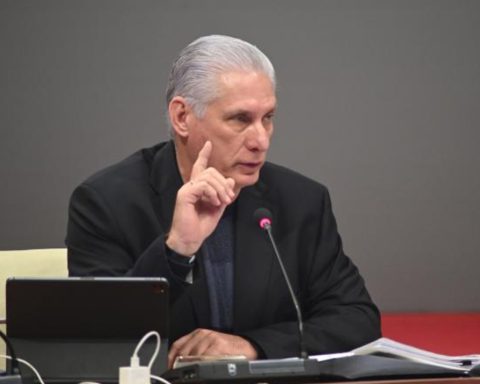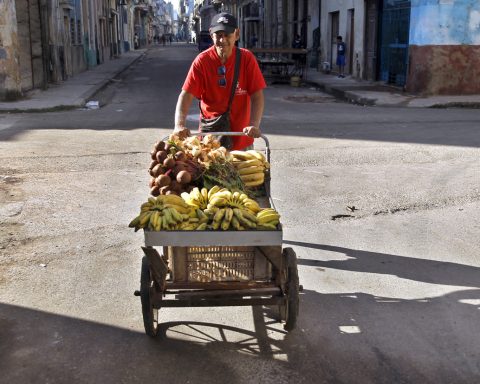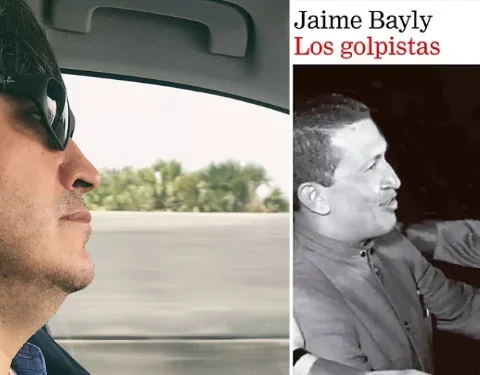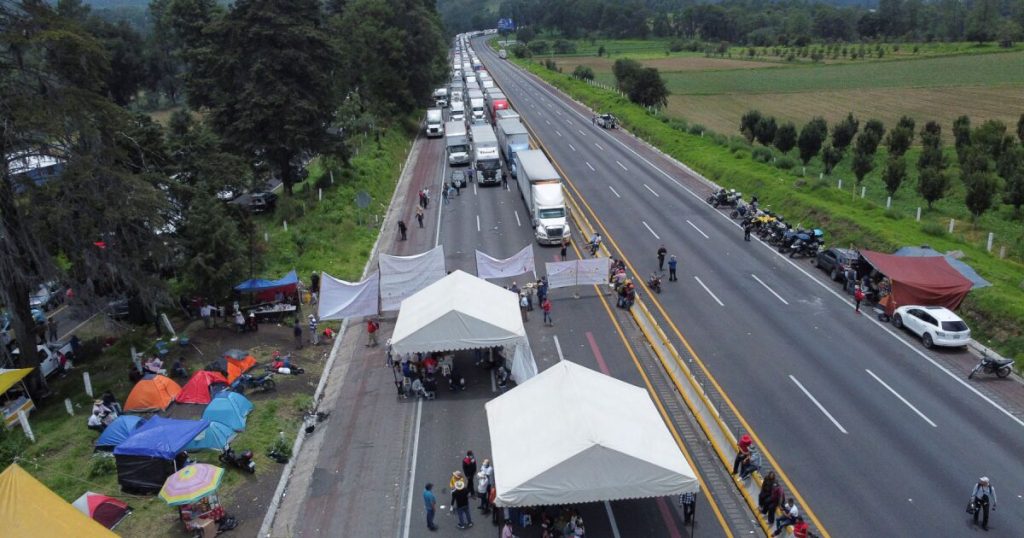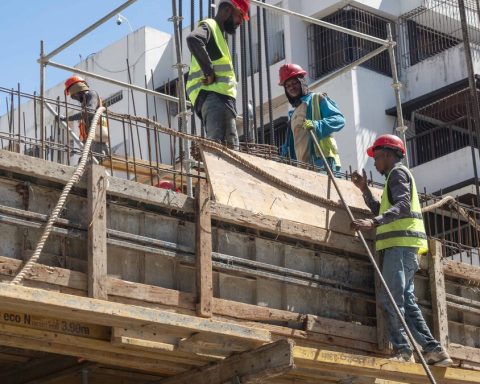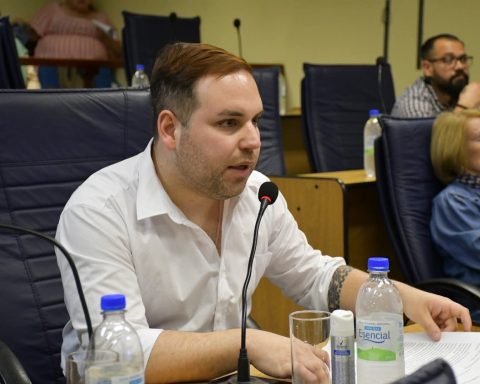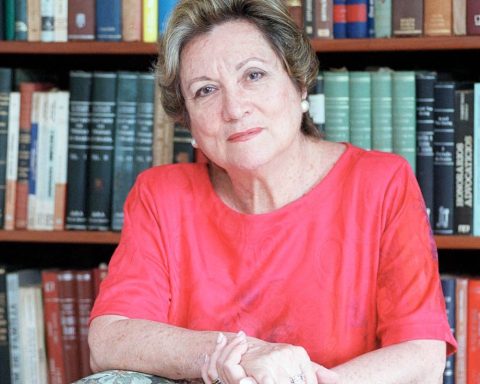HAVANA, Cuba.- Police, police, are you a writer? he most recent book Posted by Armando Añel In the publishing house he runs in Miami, Neo Club Ediciones, he dissects the role of the Union of Writers and Artists of Cuba (UNEAC) as a cultural gendarme of the Castro regime, not only within Cuba, but also, more subtly, over creators residing abroad.
The book, whose title parodies that Cuban TV spot from the 1970s where a young pioneer asked an agent of law enforcement, “Police, are you my friend?”, is defined by its author as “a mixture of essay, testimony and journalistic investigation.” And to present his argument, Añel used the criteria on the subject expressed by the writers Amir Valle, Joaquín Gálvez, Lía Villares, Damaris Betancourt, Manuel Gayol Mecías, José Hugo Fernández, Víctor Manuel Domínguez, Jorge Olivera and Rafael Vilchesamong others.
Añel and those who directly or indirectly collaborated in the book, explain how the UNEACcreated in 1961, a few months after Fidel Castro decreed his ominous “within the revolution everything, against the revolution absolutely no rights”, is a pen governed by commissars and cultural security agents where censorship and self-censorship, simulation and the most shameless opportunism prevail.
It is no secret that UNEAC, in its centralizing and collectivizing role, has created a submissive elite to power and a pack of mediocre aspirants to join it that flutters around it, and that by repressing dissident thought and implanting an orthodox, homogenizing and exclusive literary canon, the commissioners intend that national culture be limited only to official culture.
What is more veiled and revealed in this book is the use of UNEAC by the Castro intelligence agencies to reach writers and artists residing in other countries with their long tentacles. They do not limit themselves to making exiled authors invisible and ignoring them, but also, as Añel explains, they dedicate themselves to penetrating their environment and counteracting and torpedoing their initiatives through blackmail, defamation and the assassination of reputations.
For this they sometimes resort to vanity, complexes and resentments. some writers to entangle them in a web of collaboration that they are often unaware of.
Thus, there are those abroad who have not yet cut the umbilical cord and continue to boast of their resumes and awards at UNEAC, as if that would make them feel superior to their colleagues in exile or to the creators who are marginalized in Cuba. And there are those who complain that Miami is “a cultural wasteland,” but as soon as they manage to penetrate the talk shows and magazines, they transplant the vices and the elitist, pedantic and brawling trickery that they acquired during their time in the official culture, on which they were so dependent that they miss it when they are free and without institutional support, they have to make an effort and demonstrate their true talent and creativity.
This new book by Armando Añel deals with all this and more, and with his usual acuity he warns the creators of the exile about the risks that continue to threaten them even though they have been putting a sea between themselves and the UNEAC cultural commissioners and security agents for years.
OPINION ARTICLE
The opinions expressed in this article are the sole responsibility of the person issuing them and do not necessarily represent the opinion of CubaNet.
Follow our channel WhatsApp. Receive the information from CubaNet on your cell phone through Telegram.
